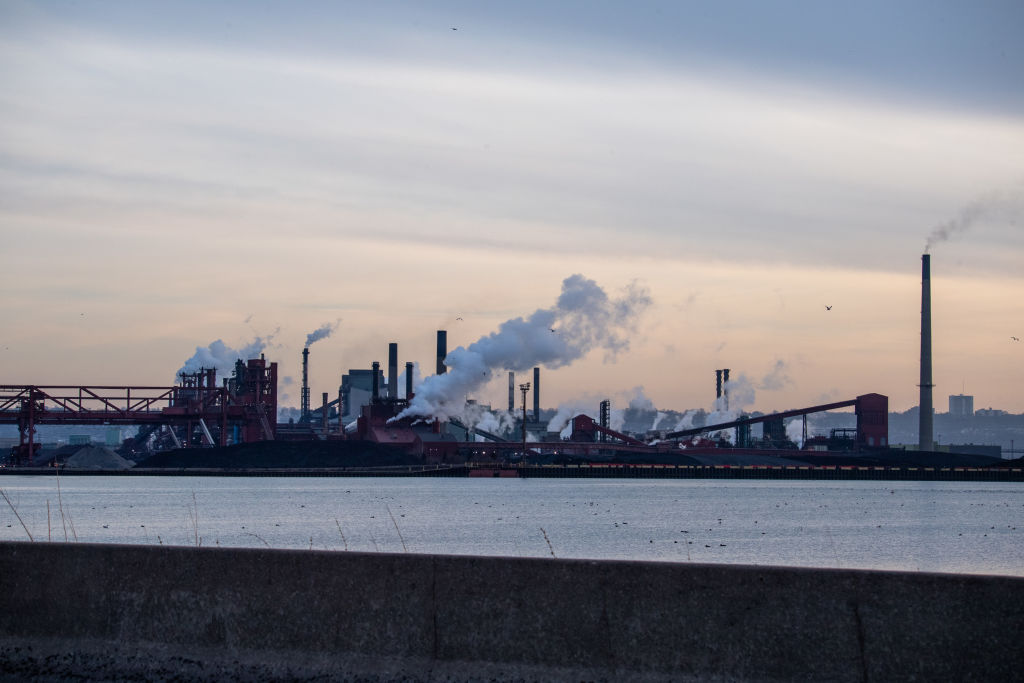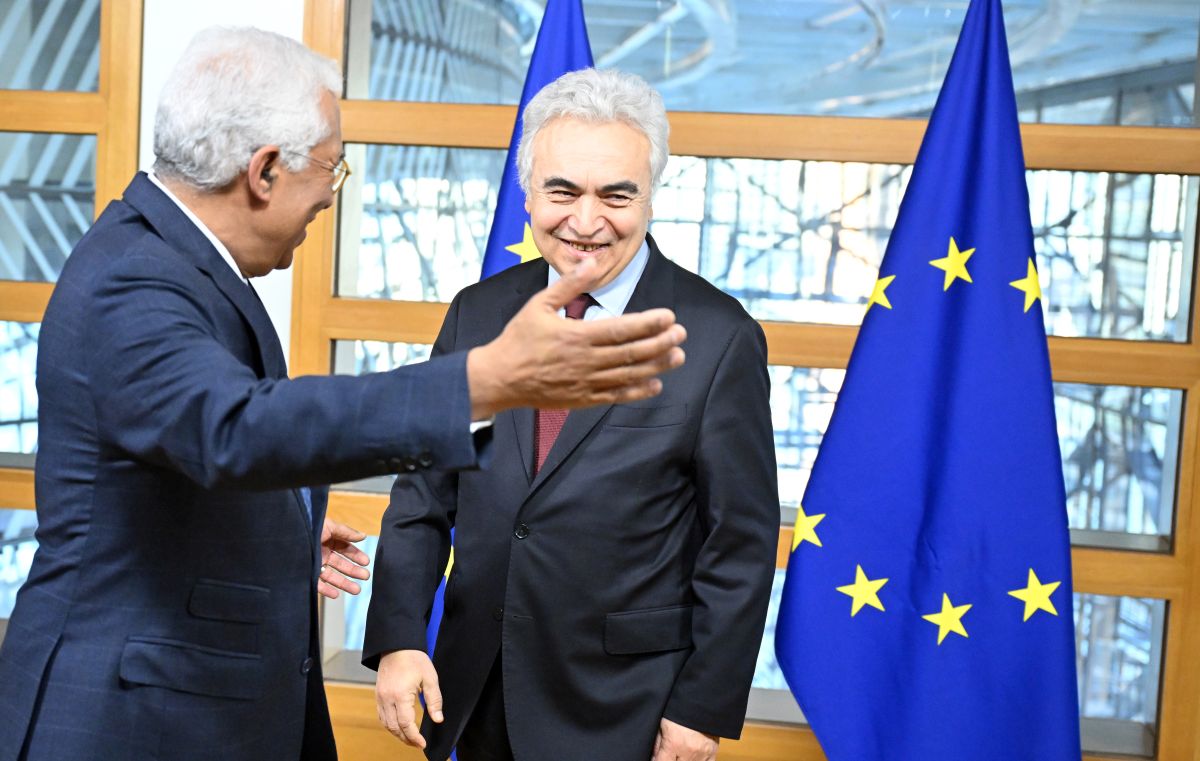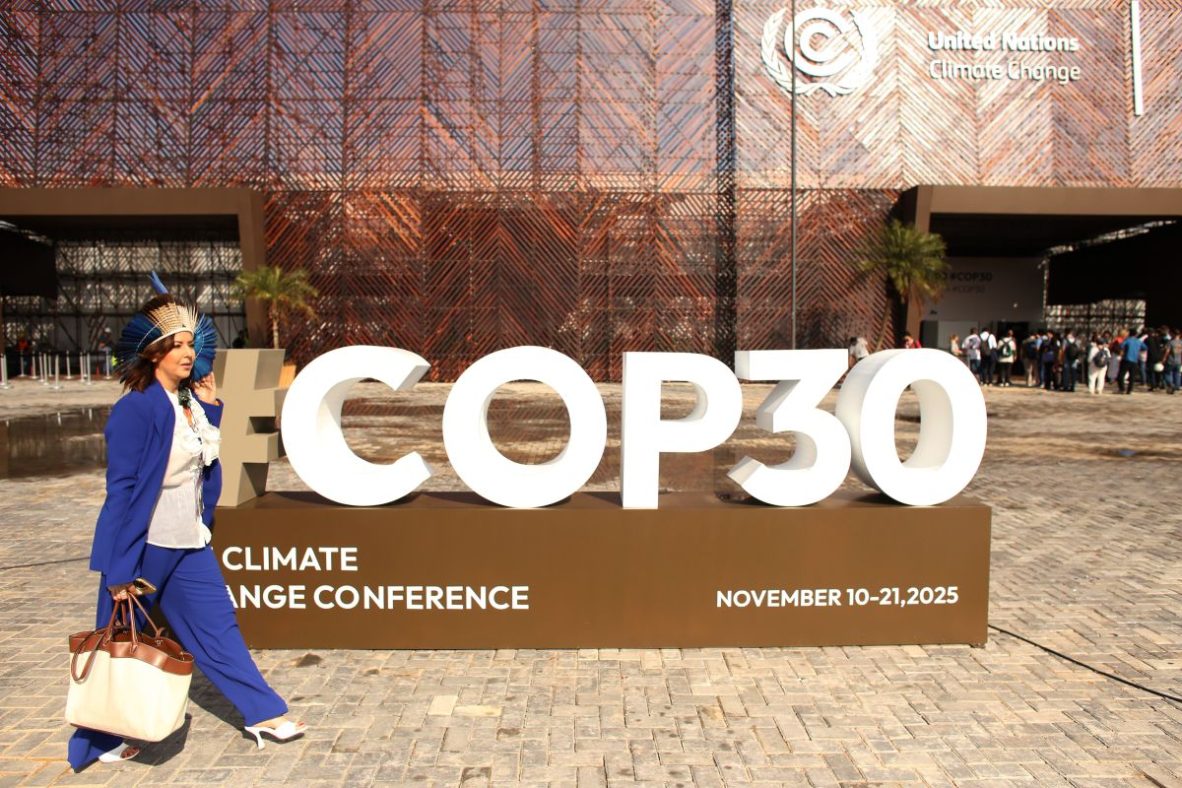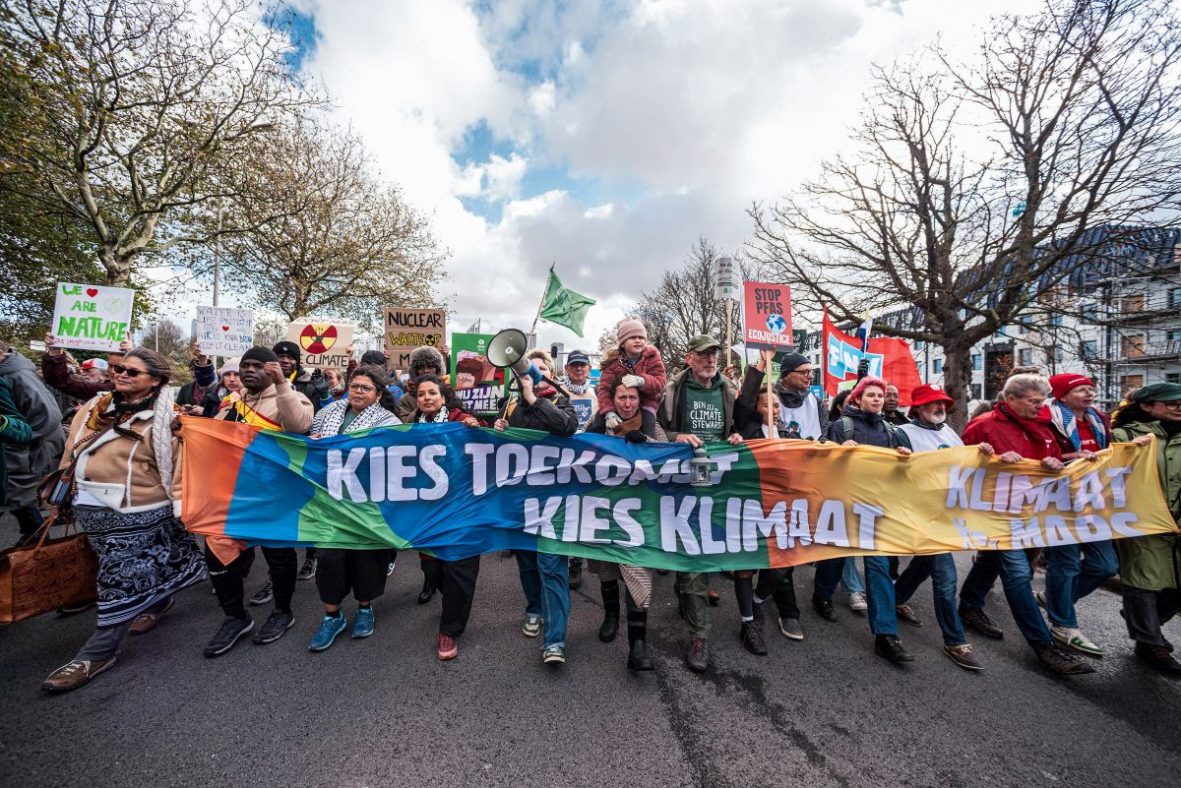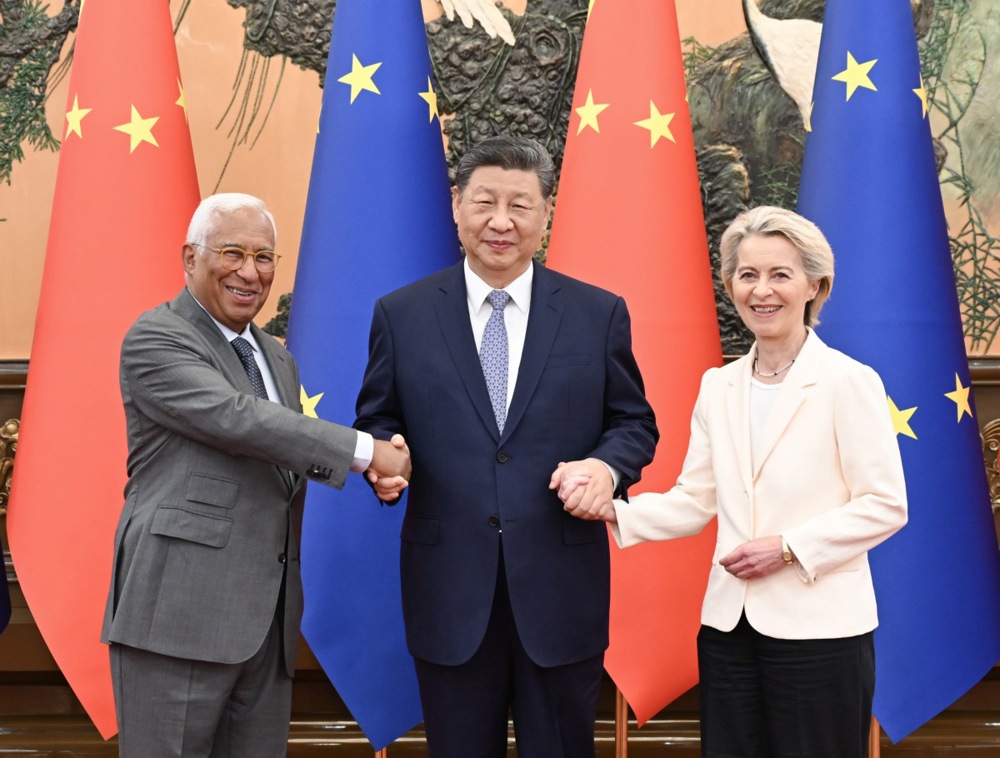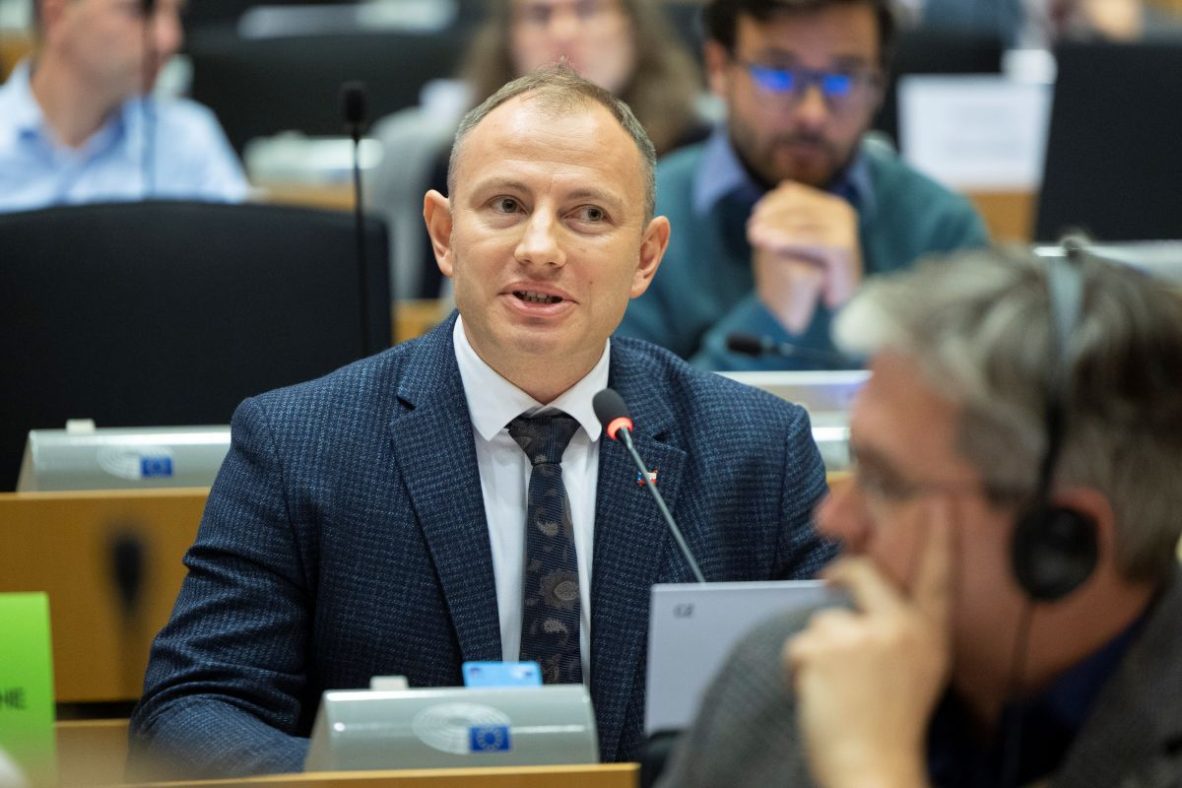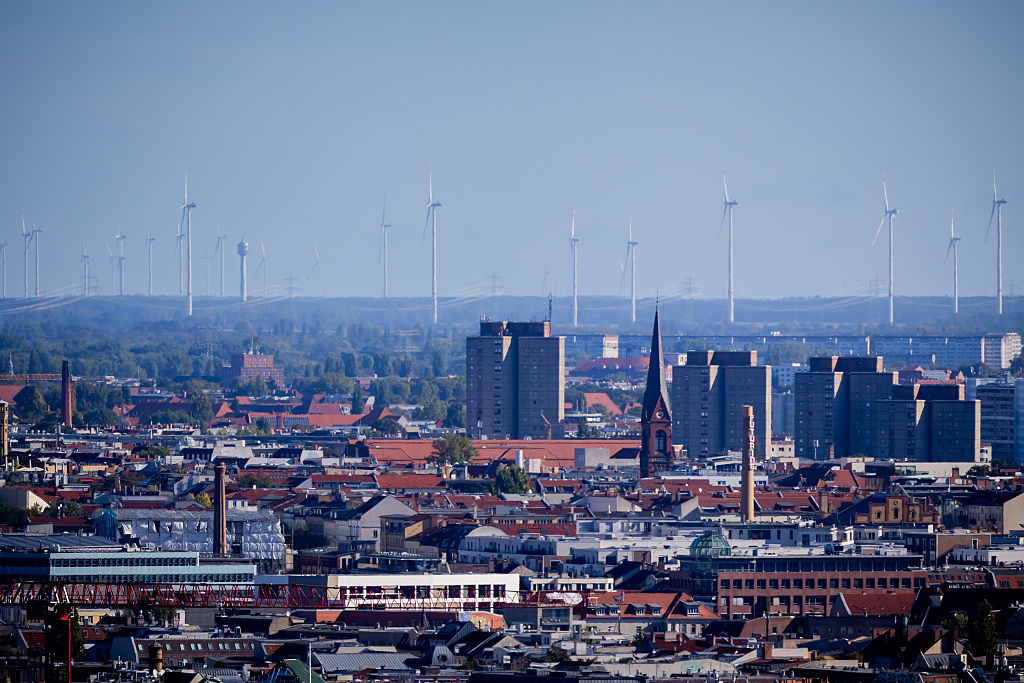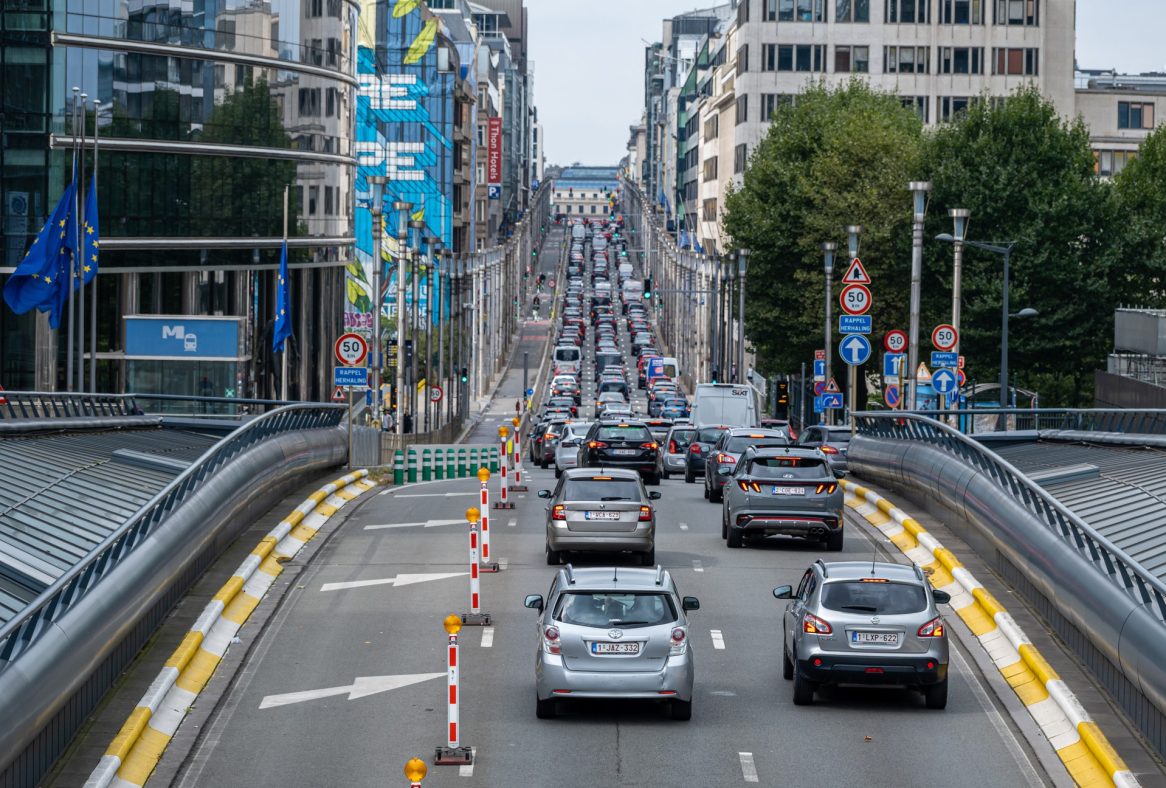Governments stance on 2040 emissions cuts still unclear, document shows
Their discussions should prompt a call to set up an “enabling framework,” draft conclusion of the summit show

European heads of government are expected to confirm the importance of Europe’s green transition at a summit next week, but their stance on the controversial 2040 climate goal is still up in the air, an internal document suggests.
“Enhancing the Union’s competitiveness and advancing the green transition are mutually reinforcing objectives that must be pursued together,” read the latest draft conclusions to an upcoming European Council summit, dated 13 October and seen by Euractiv.
The paper is silent on whether to endorse the EU’s 2040 climate bill, which proposes slashing emissions to a tenth of 1990 levels by the end of the next decade. Instead it calls on the European Commission to set up “the necessary enabling framework to support European industry and citizens throughout the transition.”
It also leaves space for a reference to a “letter from the President of the Commission on climate and competitiveness”, suggesting EU leaders are awaiting a signal from the EU executive.
European Council
EU heads of state and governments are set to gather in Brussels on 22 and 23 October. The draft conclusions suggest they will call to “intensify collective efforts” for the bloc’s “industrial renewal and decarbonisation” – provided that this is done “in a technologically neutral manner”.
The document name-checks the automotive, shipping, aviation and energy-intensive industries among the sectors in need of a “particular attention” to remain globally competitive.
Conclusions are typically hammered out behind the scenes in the run-up to Council summits, with only the most divisive or contentious issues left to be settled in-person among governments. Europe’s 2040 emissions reduction target clearly falls into this category.
Pointing the way
Government leaders do not legislate at the EU level but set the direction for the Council of the EU, where ministers responsible for a specific policy area vote on proposed laws. This time it is not only environment ministers that are awaiting a green light from their leaders: The European Parliament has also decided to await the outcome of the so-called EUCO summit before taking the plunge.
Environment ministers are due to convene on 4 November, take a stance on the bloc’s 2040 goal and decide the even more urgent 2035 climate target that Europe must put on the table in time for the United Nation’s COP30 climate conference, which opens in Brazil less than a week later.
Brussels has already lost face on the global stage by missing both the official and unofficial deadlines to present its nationally determined contribution (NDC) to the global effort to arrest rising temperatures. The final chance may be on 6 November, when world leaders will meet for a summit in Brazil, four days ahead of the COP30 conference.
Parliamentary resolution
Meanwhile, the European Parliament – which must agree to the domestic 2040 target but has no formal role in deciding the NDC – is set to urge EU governments “to agree on an NDC that is at the upper end of the indicated range as soon as possible”.
The call is in a draft resolution agreed by the environment committee lawmakers by a large majority last week, but the draft text must still pass a decisive full house vote at a plenary session next week.
Implicitly, the resolution appears to be backing a 72.5% CO2 cut in 2035, the upper limit of a range being discussed by governments.
On the EU 2040 goal, however, the parliament is also awaiting a signal from government leaders, especially as the powerful conservative European People’s Party has not yet decided its stance over the Commission proposal.
Austrian Green Lena Schilling warned on Tuesday that the failure of political groups to align on a position on the proposal makes the house look “ridiculous, as if we were children waiting for mum and dad in the Council to decide for us”.
(rh, 0w)

